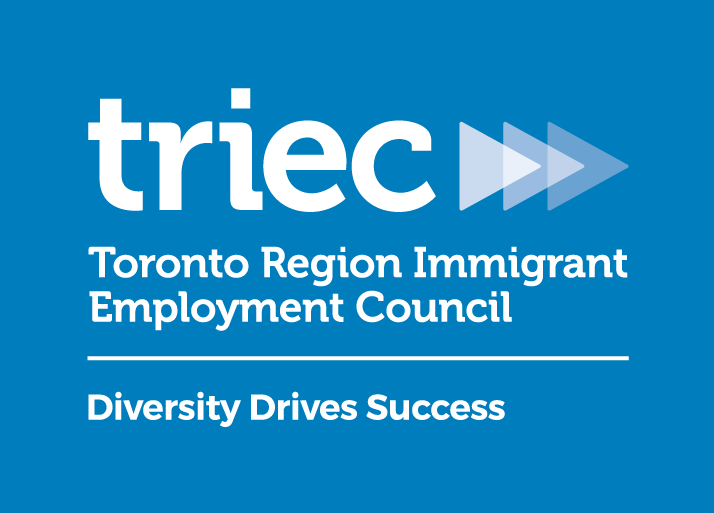Consent(Required) I have read and accepted TRIEC’s Terms of Use and Privacy Policy.
Terms of Use

